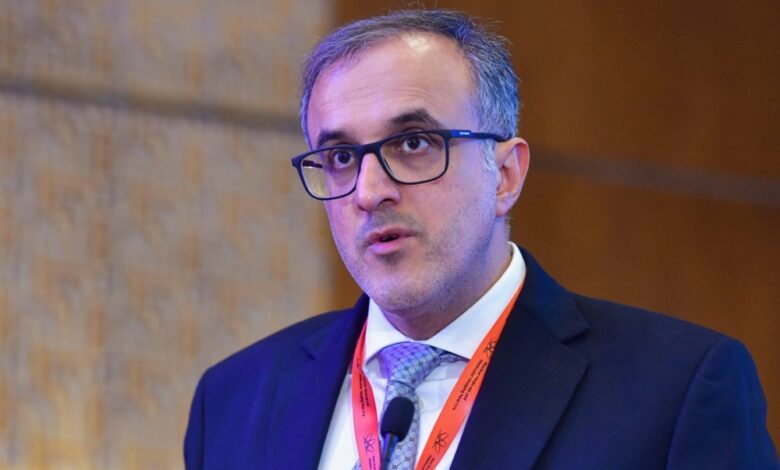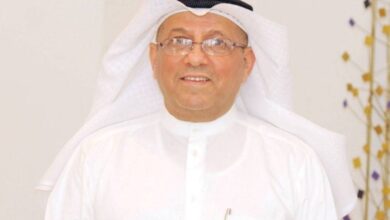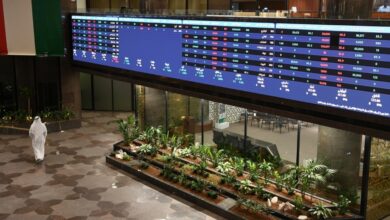Kuwait pioneers nuclear medicine in Gulf with innovative technology
The state-of-the-art hybrid imaging devices, the first of their kind in the region, aim to enhance Kuwait’s healthcare system, with all departments committed to adhering to international standards in the use of radiation, said Dr. Abdulreza Ismail.

• Dr. Abdulreza Ismail expressed gratitude for the ongoing support of Dr. Ahmed Al-Awadhi, the Minister of Health, and the ministry for supporting advanced technologies and fostering collaboration in nuclear medicine.
Dr. Abdulreza Ismail, Chairman of the Council of Nuclear Medicine Departments at the Ministry of Health, stated that Kuwait has achieved significant progress in nuclear medicine by introducing state-of-the-art hybrid imaging devices. These advanced systems, the first of their kind in the Gulf region and the Middle East, aim to enhance Kuwait’s healthcare system, according to Al Jaridanewspaper.
This statement was made during Dr. Abdulreza Ismail’s speech at the opening of a workshop titled “Nephrology and Urology in Nuclear Medicine,” organized by the Ministry of Health under the patronage of Dr. Ahmed Al-Awadhi, the Minister of Health.
The event was held in collaboration with international and local experts specializing in nuclear medicine, molecular imaging, and related fields such as urology, oncology, and organ transplant surgery.
Dr. Ismail highlighted that the presence of three integrated hybrid imaging devices positions Kuwait at the forefront of the Middle East in this field. He praised the expertise of the medical staff, whose contributions have elevated Kuwait’s healthcare system to align with the highest international standards.
He also expressed gratitude for the ongoing support of Dr. Al-Awadhi and the ministry’s dedication to adopting advanced technologies, staying abreast of international developments, and fostering collaboration to enhance the nuclear medicine sector.
Dr. Ismail noted that the ministry has introduced state-of-the-art medical services, including the provision of radioactive materials for treatment and diagnosis in all Kuwait hospitals. These advancements significantly improve patient care by ensuring accurate diagnoses and safe surgical planning.
He emphasized that nuclear medicine departments strictly adhere to international standards and protocols, ensuring the safety of both patients and healthcare workers.
He further shared that nuclear medicine departments in Kuwait handle more than 10,000 cases annually, with this number expected to grow due to the introduction of advanced tests, such as the combination of positron emission tomography (PET) and magnetic resonance imaging (MRI). This technology is currently available at Jahra Hospital and will soon be introduced at Al-Farwaniyah New Hospital and the new Kuwait Cancer Center.
Ministry committed to advance healthcare services through cutting-edge nuclear medicine technologies
Dr. Zeina Al-Banna, Vice President of the workshop, emphasized the ministry’s commitment to advancing healthcare services through cutting-edge nuclear medicine technologies. The workshop aimed to showcase recent innovations in diagnosing kidney and urological diseases, with interactive sessions and lectures covering topics such as: the use of nuclear medicine in diagnosing obstructive urological conditions and congenital birth defects in newborns, the application of artificial intelligence in nuclear medicine, radiation safety measures, particularly for pediatric patients, the role of nuclear medicine in kidney transplant operations, including digital tools for post-transplant monitoring and the use of molecular imaging for diagnosing and planning treatments for prostate, kidney, and bladder tumors.
Dr. Al-Banna also noted that the workshop featured international and local consultants from the United States, Saudi Arabia, and Kuwait, who shared their expertise to enrich discussions and enhance knowledge exchange. Such specialized scientific meetings, she said, strengthen collaboration among medical professionals and help deliver superior diagnostic and therapeutic services to patients.
The one-day workshop, accredited by the Kuwait Institute for Medical Specialties for continuing medical education, reflects the ministry’s dedication to fostering innovation and improving healthcare outcomes in Kuwait.













